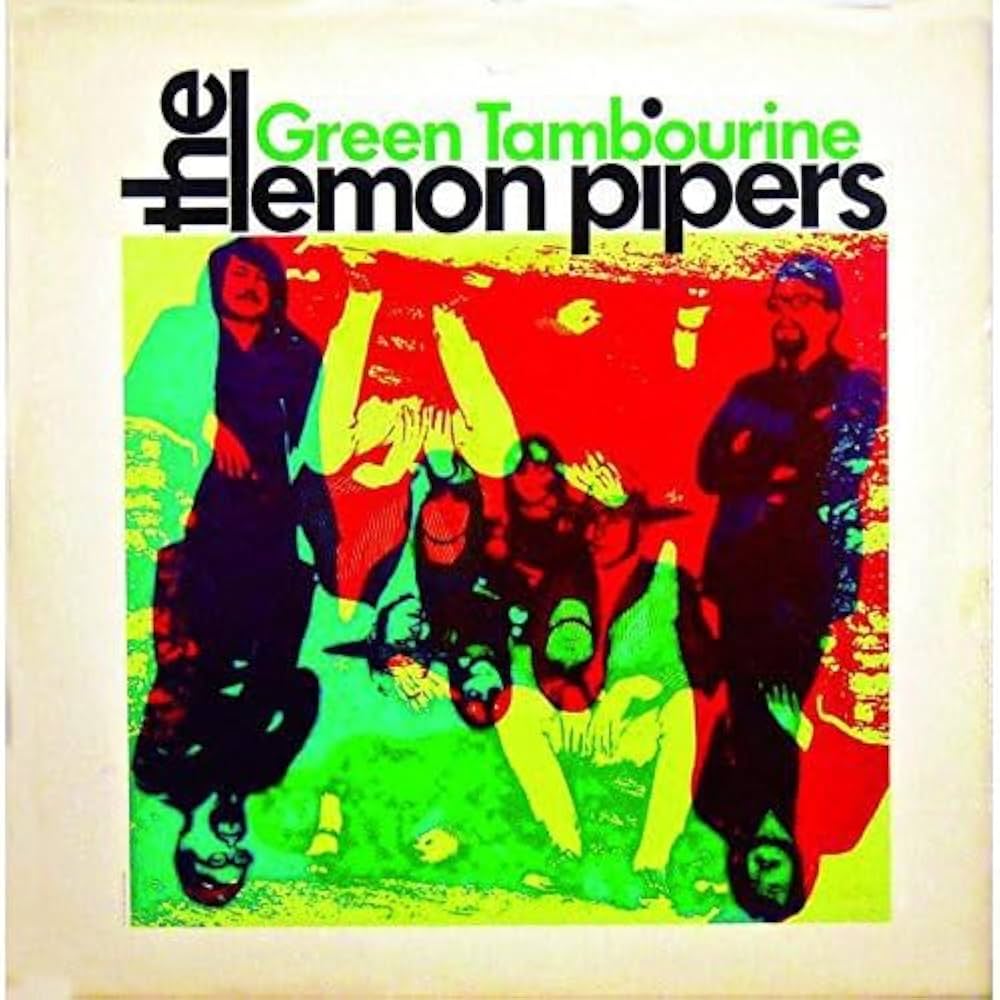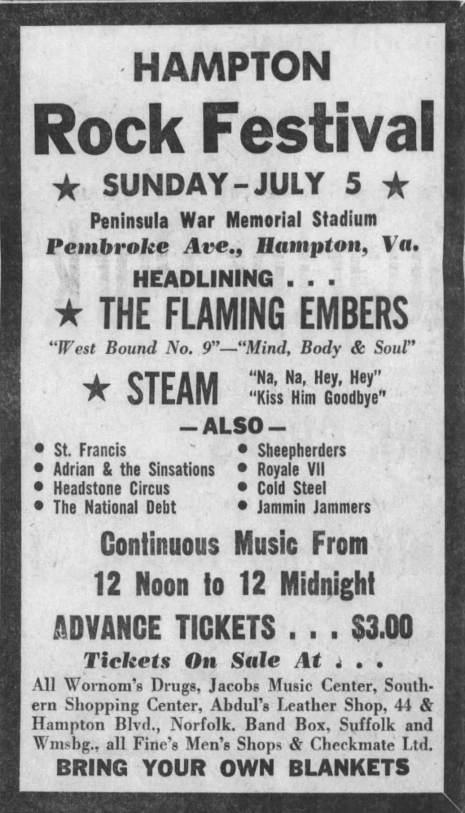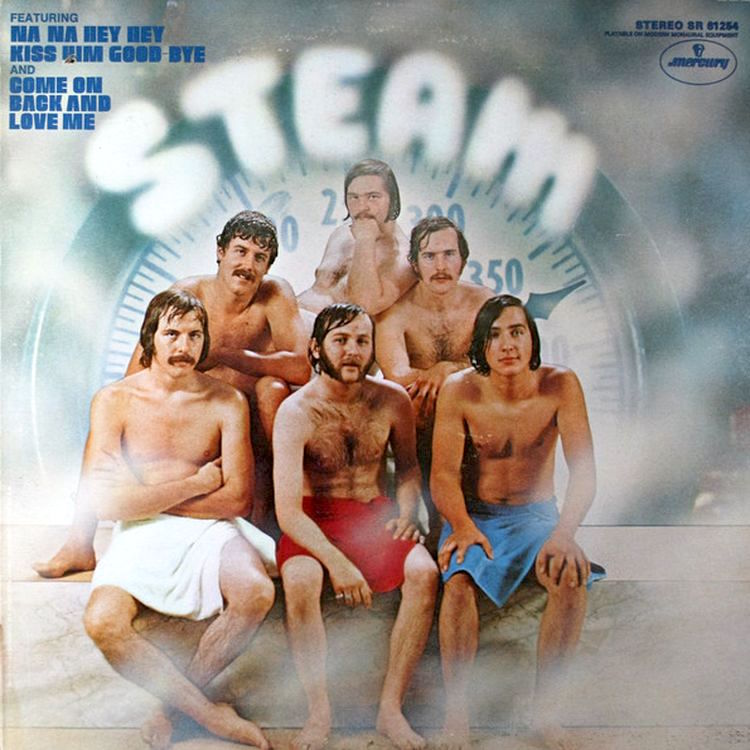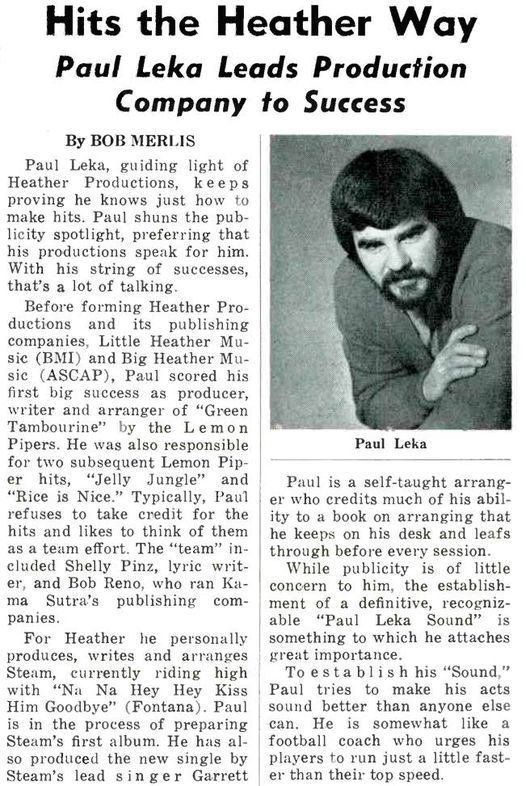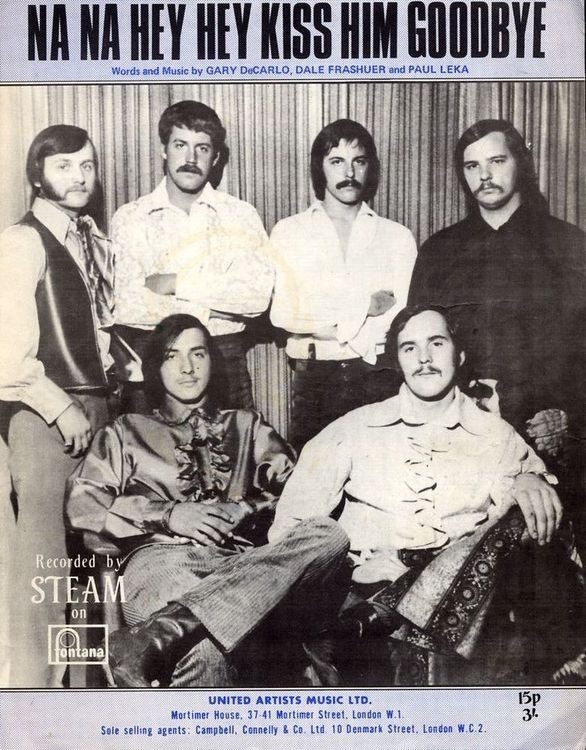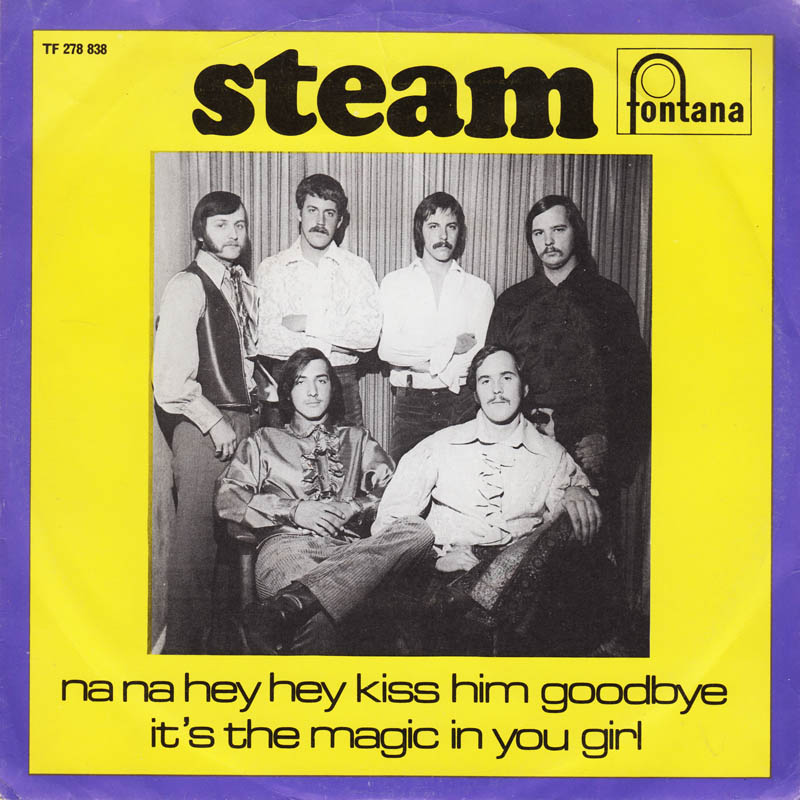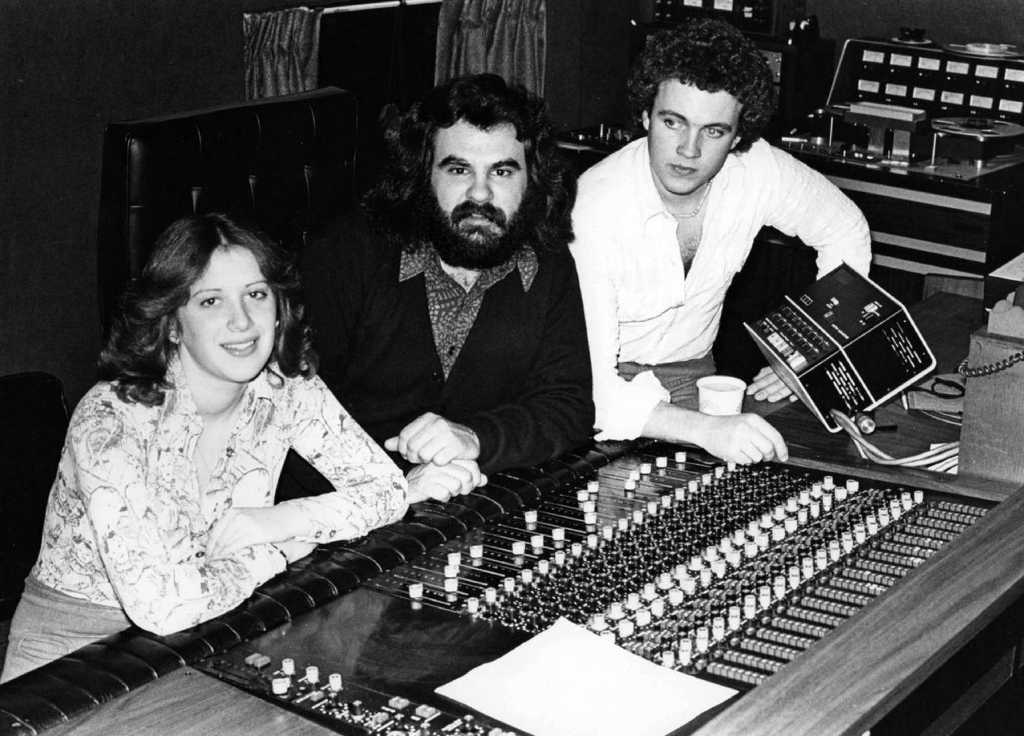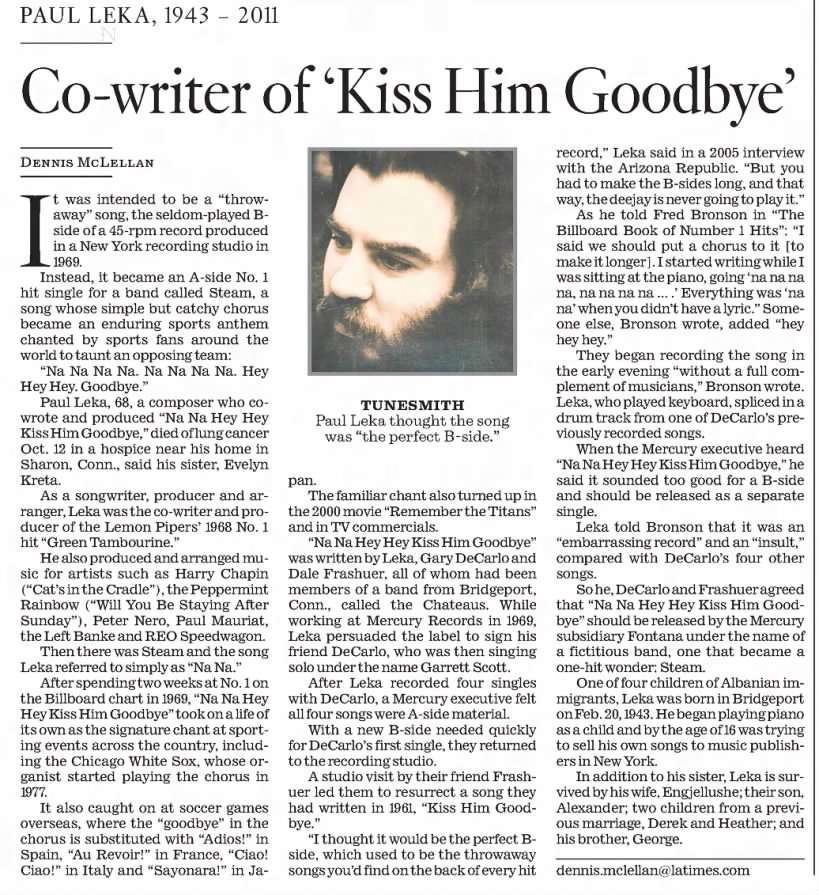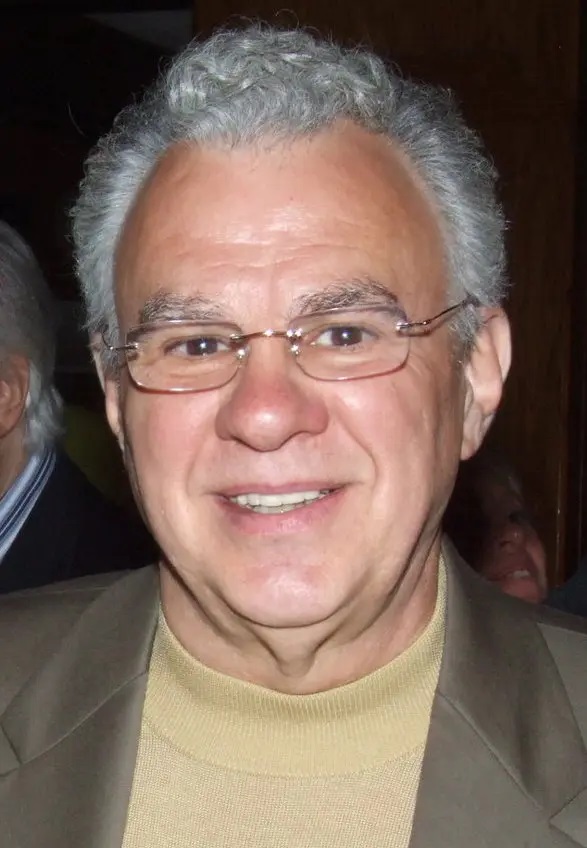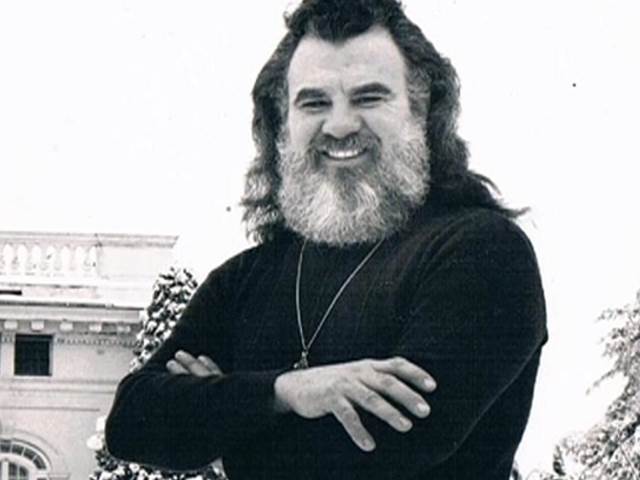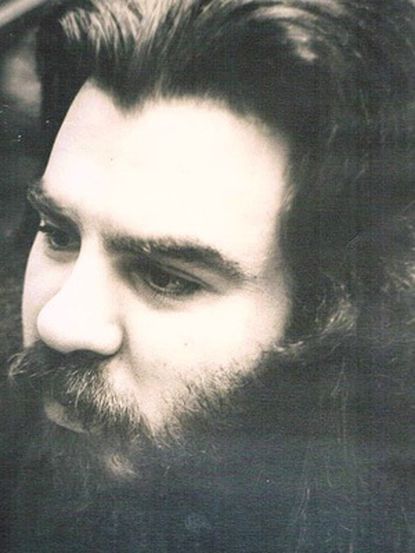Paul Leka
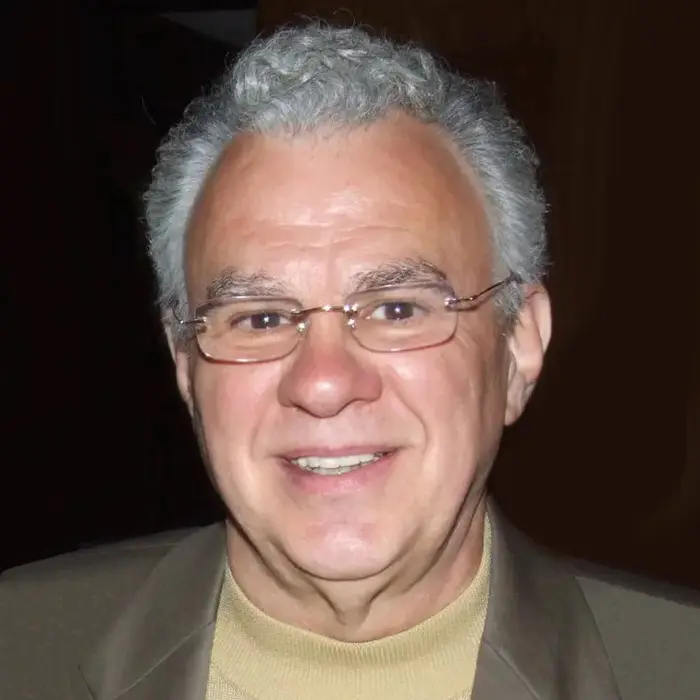
Paul Leka
Your team has an insurmountable lead over a bitter rival and is just 60 seconds away from winning the championship. Suddenly, the crowd starts singing that oh-so-familiar end-of-game chorus: “Na, na, na, na, na, na, na, na, hey, hey, goodbye!” Every sports fan knows the chant, but few know story behind the actual song, which was written by Bridgeport, Connecticut native Paul Leka.
Leka was born on February 20, 1943 and his love of music brought him many unforgettable experiences during his more than four decades in the music business. Prior to penning “Na Na, Hey Hey,” he had another chart-topping hit, “Green Tambourine,” which he co-wrote (with Shelley Pinz) and produced for The Lemon Pipers in 1967. The song soared to #1 in the Billboard Hot 100 in December that year (the only time The Lemon Pipers cracked the top 40) Leka and Pinz wrote several more songs that made the Hot 100, but Leka quit performing after “Green Tambourine” in order to write, produce and arrange as part of Circle V Productions.
In 1969, Leka was working at Mercury Records and he convinced A&R man Bob Reno to let him, Gary DeCarlo and Dale Frazier (Leka’s his old bandmates from a Bridgeport-based band called The Chateaus) cut some tracks, with DeCarlo singing lead. With Leka producing, they recorded four songs, all of which Reno liked, thinking each would chart well. None became hits, however, but Reno needed a B side song for an entirely different single, so Leka, DeCaro and Frazier recorded what they considered to be a throw-away flip side.
In an interview with Billboard magazine, Leka said he wrote nonsensical lyrics while sitting at the piano in order to make sure that the song was too long for DJs to want to play it. “Na, na, na, na, na, na, na, na, na, everything was ‘na, na’ when you didn’t have a lyric,” he said. They intentionally under-produced the track to ensure that nobody would select this song as the A side. Reno was contractually obliged to send British label Fontana 26 records per year, so he sent them the disc that included “Na Na, Hey Hey”; the single took off on the UK charts, to the absolute shock of everyone involved. When Leka returned to New York City three months later, he was stunned to learn that the song had become a massive hit in the US, too.
Now the song needed a band and that band needed a name. While walking through the streets of Bridgeport one night, Leka noticed steam coming up from a manhole cover and immediately thought, “’Steam’! I’ll call the group ‘Steam’!” In the fall of 1969, “Na Na, Hey Hey” started climbing the Billboard charts, reaching #1 in the Hot 100 in November. Wanted to capitalize on the amazing success, Mercury wanted Steam to record an album and prepare for a tour, but in fact there was no actual band called Steam. Leka proceeded to hit Holiday Inns and other venues that hosted live music to ask musicians if they were interested in being part of “Steam,” the non-existent band that already had a hit on their hands. DeCarlo was invited join Steam but declined. “Na Na, Hey Hey” was the group’s only top-40 hit and the only song on the Steam album that was not recorded by the band.
In 1977, the song was adopted by Chicago White Sox organist, Nancy Faust; she used it to coax the crowd into taunting opposing pitchers who were struggling or being pulled out of the game and batters who had struck out at a key moment. Within a few years, the tune became an anthem at stadiums all around the United States and the original single has become one of the best known rock ‘n’ roll records of all time. In 1987, “Na Na Hey Hey” became a hit again when The Nylons’ rendition went to #12 in the Billboard Hot 100. The song was in the 2000 movie Remember the Titans and has been featured in dozens of television commercials. Today, the song known by people of all ages as a crowd-initiated, not-so-empathetic send off to losing teams in virtually every high school, college and professional sports venue around the world. It’s often heard at soccer games in Spain, France, Italy and Japan, where the “goodbye” in the chorus is substituted with “Adios,” “Au Revoir,” “Ciao” and “Sayonara.”
Besides writing two #1 songs, Leka had many other successes while working for Mercury, Elektra and CBS records and he opened his own recording space in Bridgeport, Connecticut Recording Studio. He signed REO Speedwagon to their first record deal, produced four albums for Harry Chapin – one of which included Chapin’s only #1 hit, “Cat’s in the Cradle” – and wrote, arranged and produced for many other A-listers including Gloria Gaynor, Bobby Vee, Tommy James & The Shondells, The Left Banke, Kris Kristofferson, Peter Nero and Paul Mauriat. Leka died of lung cancer at a hospice near his home in Connecticut on October 12, 2011 with family members by his side. He was 68 years old.

